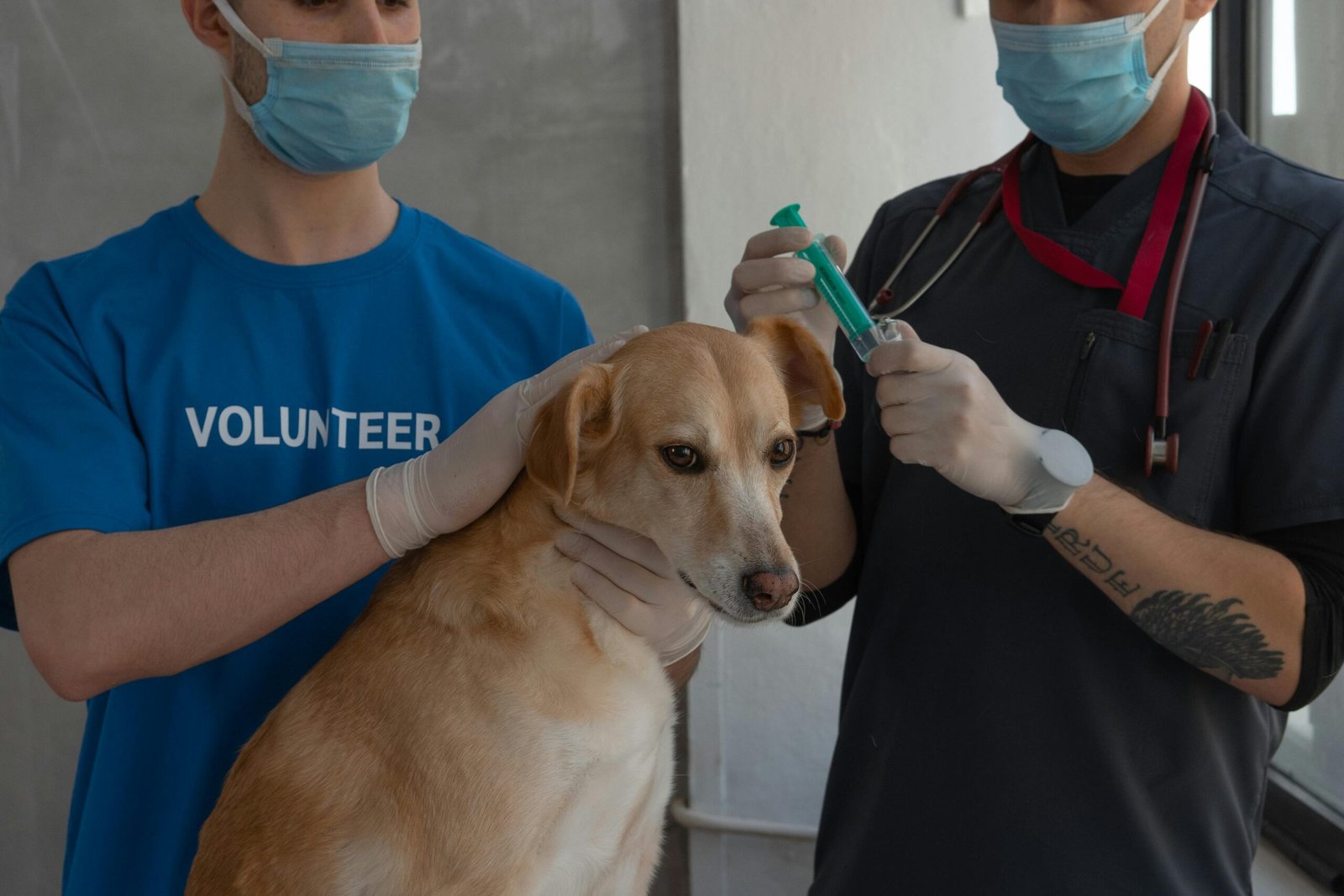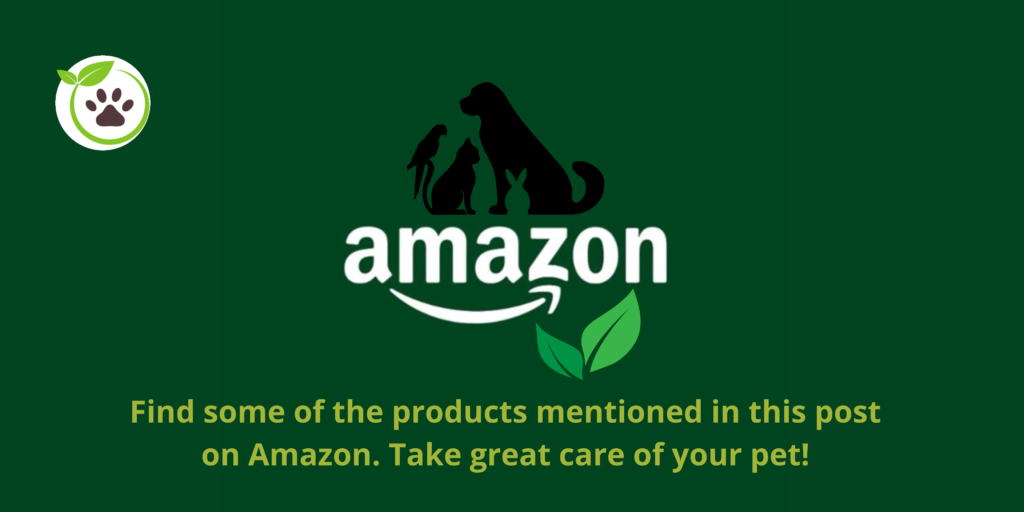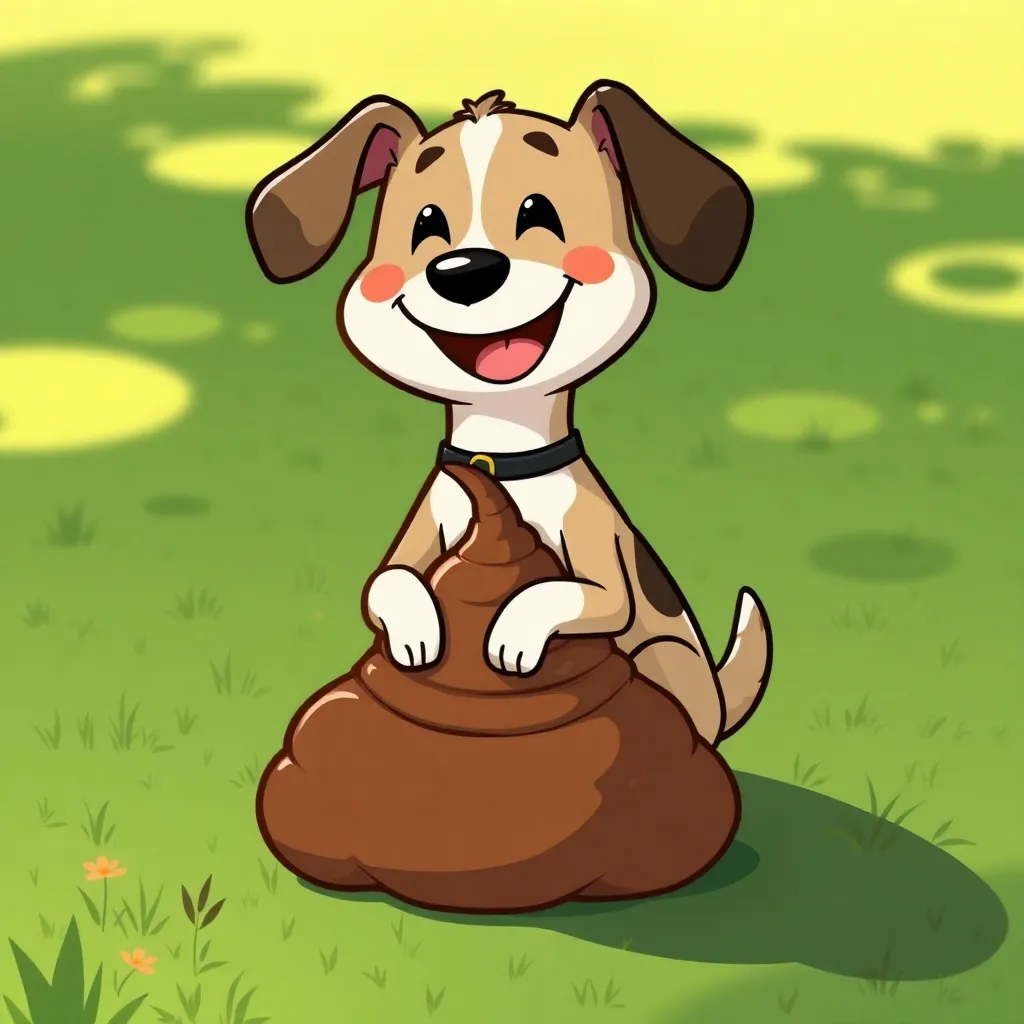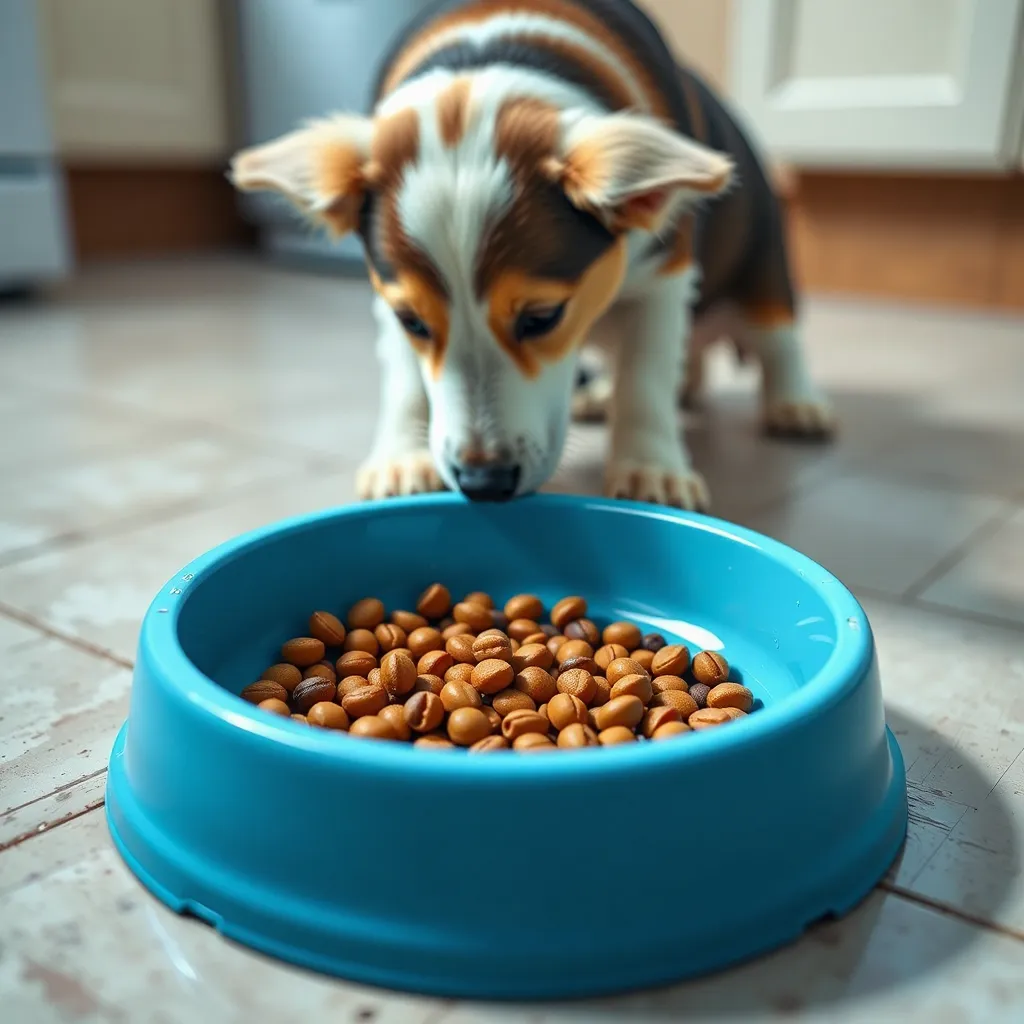Preventing Urinary Tract Diseases in Cats and Dogs: Natural Solutions and Proper Diet
Urinary tract diseases are prevalent in cats and dogs, often linked to inadequate hydration and unbalanced diets. This comprehensive guide explores natural prevention strategies and dietary adjustments to safeguard your pet’s urinary health.
Introduction: Urinary tract diseases represent a significant health concern for both cats and dogs. These conditions, ranging from simple infections to more complex issues like kidney stones and bladder inflammation, can cause considerable discomfort and even life-threatening complications if left untreated. While veterinary intervention is crucial for diagnosis and treatment of existing conditions, proactive preventative measures can significantly reduce the risk of your beloved pet experiencing these painful and potentially debilitating problems. This article will delve into the causes of urinary tract infections (UTIs) in cats and dogs, explore effective natural solutions, and provide guidance on implementing a diet tailored to support optimal urinary health. We’ll examine the vital role of hydration, discuss the benefits of specific dietary choices, and highlight natural supplements that can contribute to a strong and healthy urinary system. By understanding these preventative measures, you can empower yourself to actively participate in your pet’s well-being and help them live a longer, happier, and healthier life.
Understanding Urinary Tract Diseases in Cats and Dogs:
Urinary tract problems in pets manifest in various forms, with differing causes and severity. In cats, feline idiopathic cystitis (FIC) is a common condition characterized by inflammation of the bladder, often without a bacterial infection. Feline urinary tract disease (FUD) encompasses a broader range of conditions, including infections, bladder stones, and obstructions. Similarly, in dogs, canine urinary tract disease (CUD) can encompass bacterial infections, stones, and structural abnormalities.
Several factors contribute to the development of these diseases:
- Inadequate Hydration: Dehydration concentrates urine, increasing the risk of crystal formation and infection. This is a significant factor in both cats and dogs.
- Diet: Diets high in minerals like magnesium, phosphorus, and certain types of protein can contribute to the formation of urinary crystals and stones. The type of food, whether dry kibble or wet food, also plays a crucial role. Dry food, due to its lower moisture content, can exacerbate dehydration.
- Genetics: Certain breeds are predisposed to specific urinary tract issues.
- Obesity: Overweight pets are more prone to urinary problems.
- Stress: Stress can weaken the immune system, making pets more susceptible to infections.
- Infections: Bacterial infections are a common cause of UTIs in both species.
Natural Solutions for Preventing Urinary Tract Diseases:
- Boosting Hydration: This is arguably the most crucial preventative measure. Encourage increased water intake by:
- Providing multiple fresh water bowls in easily accessible locations.
- Using pet water fountains to stimulate drinking. (Product Suggestion: Automatic pet water fountain)
- Adding a small amount of low-sodium broth or tuna juice (for cats) to their water.
- Offering wet food, which contributes to hydration.
- Dietary Adjustments:
- Wet Food: Transitioning to a high-quality wet food diet is highly recommended. (Product Suggestion: Wet food with low mineral content) The increased moisture content helps dilute urine.
- Prescription Diets: Your veterinarian may recommend a prescription diet formulated to manage specific urinary issues. These diets are designed to control mineral levels and pH, reducing the risk of crystal formation.
- Avoiding Certain Ingredients: Limit foods high in magnesium, phosphorus, and ash content.
- Natural Supplements: Consult your veterinarian before introducing any supplements. Some options that may support urinary health include:
- Cranberry Extract: Possesses antibacterial properties. (Product Suggestion: Cranberry supplement for pets)
- D-Mannose: Helps prevent bacteria from adhering to the urinary tract walls.
- Pumpkin: Provides fiber, which can aid in digestion and reduce constipation, a factor that can contribute to urinary issues.
- Maintaining a Healthy Weight: Obesity puts extra strain on the urinary system. Regular exercise and a balanced diet are crucial for maintaining a healthy weight.
- Stress Reduction: A calm and comfortable environment can help reduce stress levels. Provide plenty of enrichment, playtime, and opportunities for relaxation.
Recognizing the Signs of Urinary Tract Problems:
Early detection is crucial. Signs of urinary tract problems can include:
- Frequent urination
- Straining to urinate (strangury)
- Blood in the urine (hematuria)
- Accidents in the house (especially in previously house-trained pets)
- Licking the genital area excessively
- Lethargy
- Loss of appetite
- Increased thirst
Conclusion:
Preventing urinary tract diseases in your cats and dogs requires a multifaceted approach. By focusing on proper hydration, a balanced diet, and stress reduction, you can significantly reduce the risk of these conditions. Remember to consult your veterinarian for regular checkups and to discuss any concerns about your pet’s urinary health. Early intervention is key to successful management and a better quality of life for your furry friend.
FAQ:
Q: What causes urinary tract diseases in pets?
A: Several factors contribute, including inadequate hydration, unbalanced diets (high in certain minerals), genetics, obesity, stress, and bacterial infections.
Q: Does wet food really help prevent urinary problems?
A: Yes, wet food significantly increases hydration levels, diluting urine and reducing the risk of crystal formation and infection. It’s a crucial component of preventative care.
Q: What signs indicate my pet may have a urinary problem?
A: Signs include frequent urination, straining to urinate, blood in the urine, accidents in the house, excessive licking of the genital area, lethargy, loss of appetite, and increased thirst. If you observe any of these, consult your veterinarian immediately.
Keywords: Cats, dogs, urinary tract infections (UTIs), feline urinary tract disease (FUD), canine urinary tract disease (CUD), pet hydration, animal wellness, natural remedies, diet for urinary health, crystal formation, strangury, cystitis, kidney disease
Share this content:







